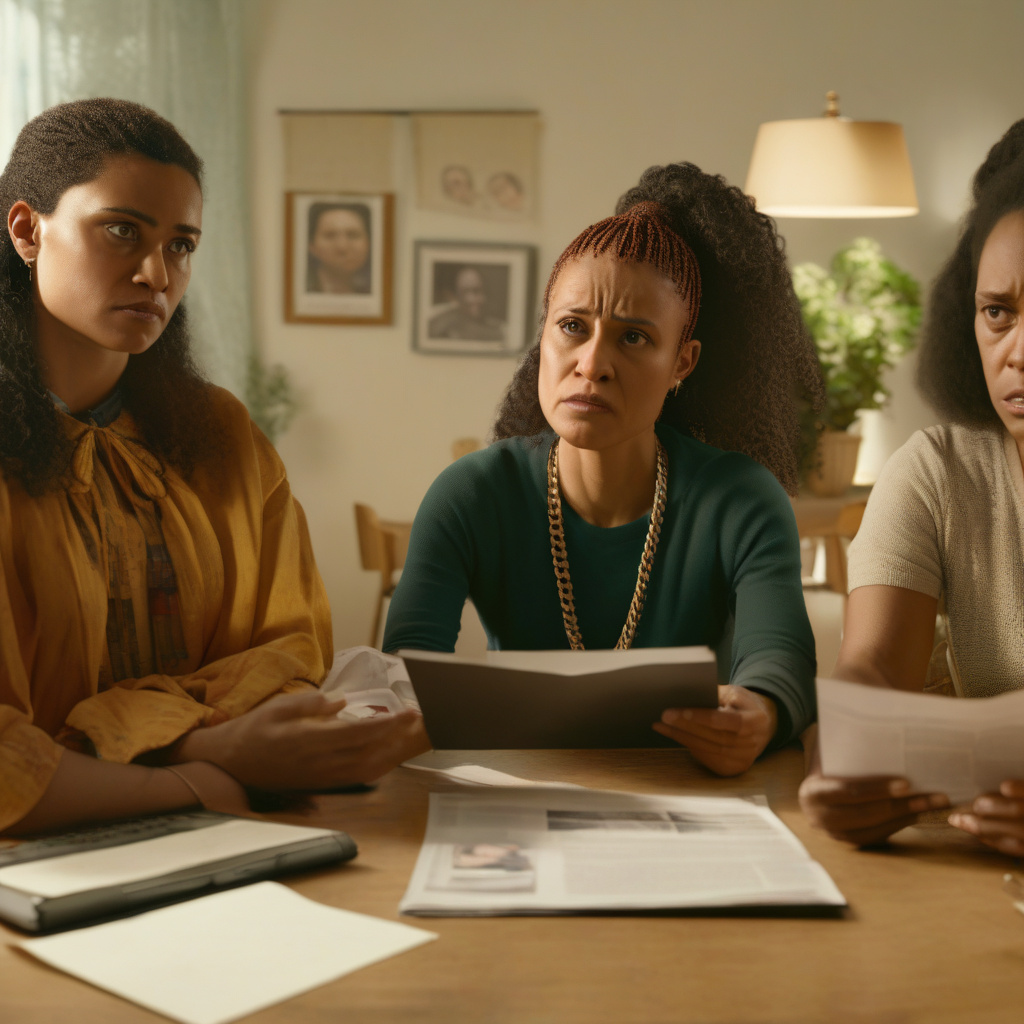Deepfake Victims Gain New Rights with House-Approved Bill
In the era of rapidly advancing technology, deepfake videos have become a growing concern for individuals worldwide. These videos, which use artificial intelligence to superimpose images or videos onto other content, have the potential to manipulate reality and cause significant harm to their victims. Among the most disturbing uses of deepfake technology is the creation and dissemination of non-consensual sexual content, which can have devastating consequences for those targeted.
Recognizing the urgent need to address this issue, the House of Representatives recently approved a bill that grants new rights to deepfake victims. One of the key provisions of the bill requires social media sites to remove non-consensual sexual content upon notification by the victims themselves. This marks a significant step forward in protecting individuals from the harmful effects of deepfake technology and holding perpetrators accountable for their actions.
Prior to the passage of this bill, victims of deepfake videos often faced an uphill battle in having this content removed from social media platforms. Many victims found themselves at the mercy of tech companies’ content moderation policies, which were often ill-equipped to handle the unique challenges posed by deepfake technology. As a result, deepfake videos could remain accessible online for extended periods, causing ongoing harm to the individuals depicted.
By mandating that social media sites promptly remove non-consensual sexual content when notified by victims, the new bill empowers individuals to take control of their own digital narratives. This provision not only helps to prevent further harm to victims but also sends a clear message to perpetrators that such behavior will not be tolerated. Additionally, by holding social media platforms accountable for the content shared on their sites, the bill incentivizes these companies to take proactive measures to prevent the spread of deepfake videos in the first place.
The passage of this bill represents a crucial victory for deepfake victims and sets a precedent for future legislation aimed at addressing the challenges posed by rapidly evolving technologies. As deepfake technology continues to advance, lawmakers must remain vigilant in protecting individuals from its harmful effects. By granting victims new rights and holding tech companies accountable, the House-approved bill represents a significant step forward in the fight against deepfake videos.
In conclusion, the approval of the bill granting new rights to deepfake victims is a positive development in the ongoing battle to combat the harmful effects of non-consensual sexual content online. By requiring social media sites to remove such content upon notification by victims, the bill empowers individuals to take control of their digital identities and holds perpetrators accountable for their actions. Moving forward, it is essential that lawmakers continue to prioritize the protection of individuals in the face of ever-evolving technologies like deepfake videos.
deepfake, victims’ rights, House-approved bill, social media, non-consensual content
